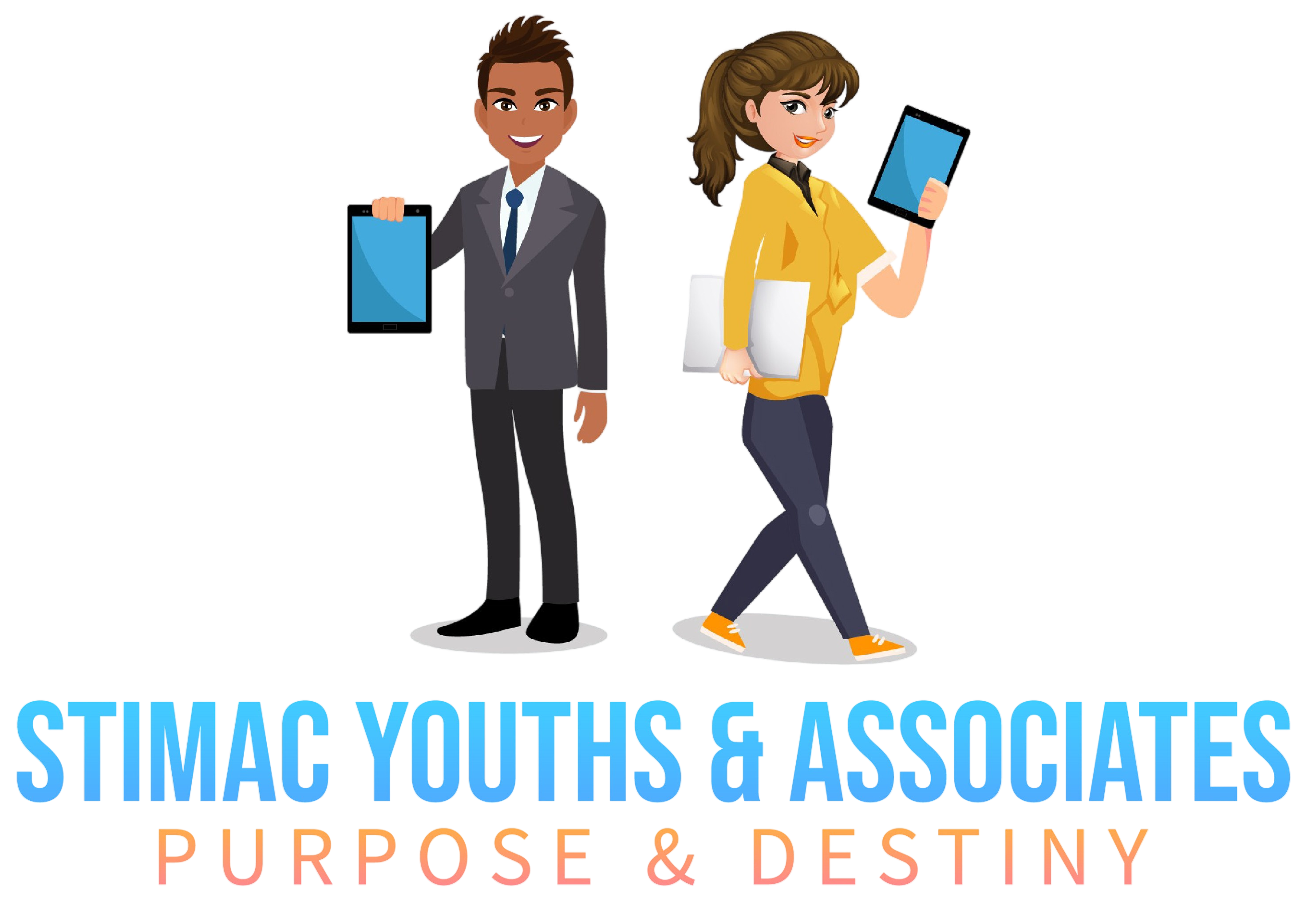Steps to creating a successful journey.
Self-Reflection:
Encourage students to reflect on their passions, values, strengths, and life experiences. They can journal, meditate, or engage in introspective activities to gain clarity about what truly matters to them.
Story: Emily, a recent college graduate, felt uncertain about her career path after studying business in school. Through self-reflection, she realized her true passion lay in environmental conservation and sustainability. She remembered how she felt most alive during volunteer trips to national parks and decided to explore opportunities in this field.
Exploration of Interests:
Encourage students to explore a variety of interests and activities during school. They can join clubs, take elective courses, participate in extracurricular activities, or volunteer in different organizations to discover what excites them the most.
Story: Alex, a high school student, wasn't sure what career path to pursue after graduation. He decided to try out different activities, including coding workshops, art classes, and community service projects. Through this exploration, he discovered his love for computer science and design, which eventually led him to pursue a degree in graphic design.
Seeking Mentorship and Guidance:
Encourage students to seek guidance from mentors, teachers, or professionals in fields they're interested in. Mentors can provide valuable insights, advice, and support as students explore their options and make decisions about their future.
Story: Sarah, a college student majoring in psychology, was unsure about her career prospects. She reached out to a family friend who worked as a clinical psychologist for guidance. Through mentorship sessions and shadowing experiences, Sarah gained clarity about her career path and decided to pursue a master's degree in counseling psychology.
Career Assessments and Aptitude Tests:
Recommend students to take career assessments or aptitude tests to identify their strengths, interests, and potential career paths. These assessments can provide valuable insights and suggestions for career options aligned with their personality and skills.
Story: Mark, a high school senior, was unsure about his career direction. He took a career assessment test recommended by his school counselor, which revealed his strong analytical and problem-solving skills. This led Mark to explore fields such as engineering and computer science, eventually leading him to pursue a degree in computer engineering.
Real-World Experience:
Encourage students to gain hands-on experience through internships, part-time jobs, or volunteer opportunities in fields they're interested in. Real-world experience allows students to test their interests, gain practical skills, and network with professionals in their desired industries.
Story: Jessica, a college student majoring in journalism, interned at a local newspaper during summer break. Through her internship, she discovered her passion for investigative reporting and storytelling. Jessica's experience helped her land a full-time job as a reporter after graduation, where she continues to pursue her passion for journalism.
Benefits
By following this roadmap and learning from the experiences of others, high school and college students can navigate the journey of identifying their true purpose and building a fulfilling career path after finishing school.


